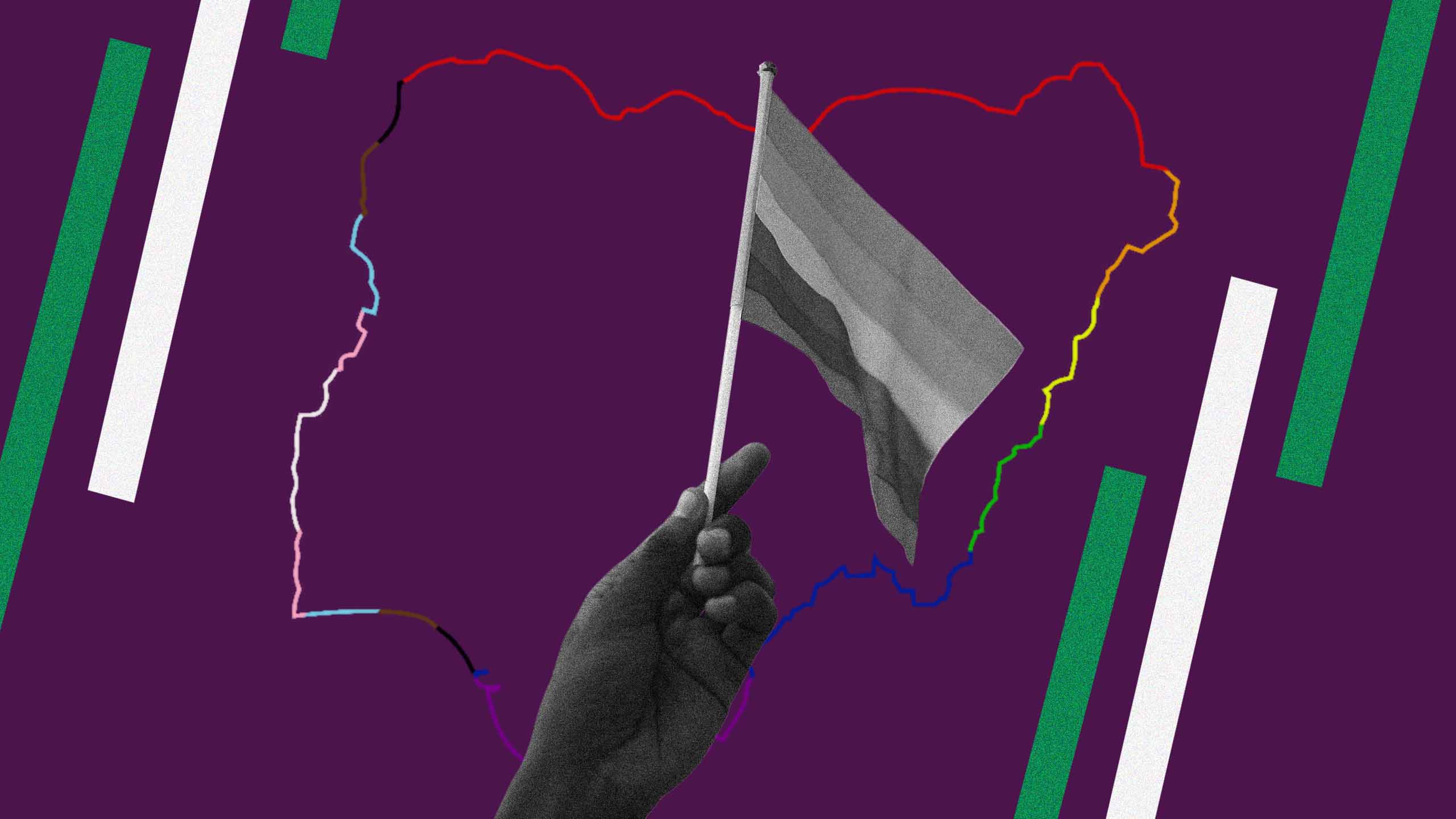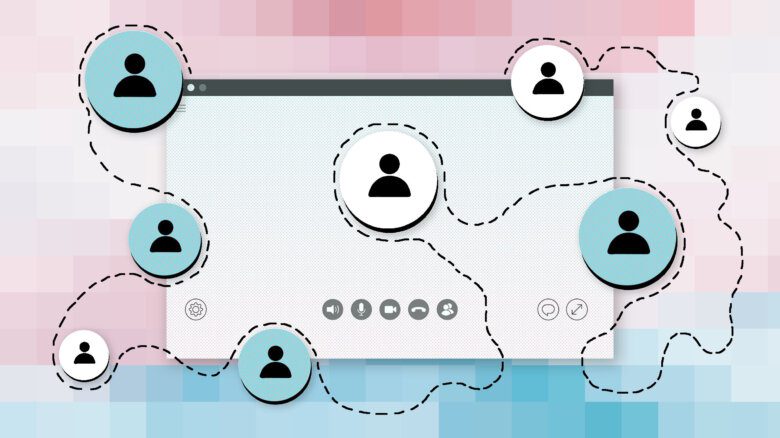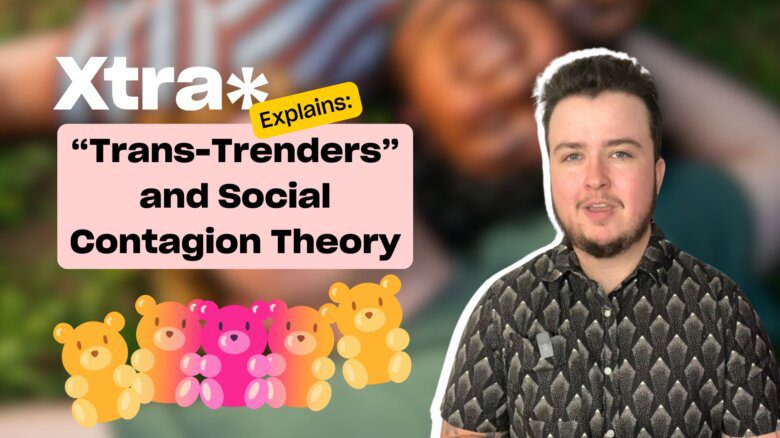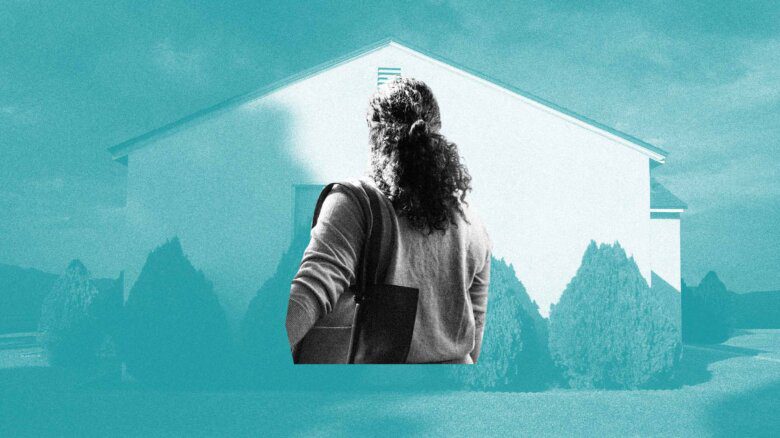In 2003, Chidi was 10 years old when his parents asked him to go spend the holidays with his uncle in Gboko, Benue State, Nigeria. What none of them knew was that his uncle was going to take him to a prayer house to deliver him from the “spirit of feminine mannerisms,” as his uncle put it. (Pseudonyms are used throughout this article due to safety issues.)
The prayer house, Chidi recalls, reeked of incense and had an array of coloured candles and herbs on display. He was taken to the altar, where a middle-aged woman dressed in white was waiting.
Out of fear, he clung to his uncle, who pushed him away and told him to comply or he would be forced to.
Chidi was stripped naked, had both hands bound together and made to sit inside a blue basin that contained water, ashes and olive oil. Around him were 12 lit candles emanating heat into the space. He was wiped down with five live pigeons before their heads were ripped off and the blood was collected in another basin.
Five hours later, the candles had melted and Chidi’s body was so numb that he had to be dragged to the other side of the temple, where he was bathed with a mixture of cold water and the pigeons’ blood, accompanied by chanting of the Book of Psalms.
Afterward, he was forcibly injected with a strange substance; he passed out, only to wake up in a nearby clinic where he was revived, fed by his uncle and taken to his parents’ house. His uncle threatened him with death if he ever spoke of the incident to anyone. Chidi kept the experience to himself until he opened up on social media.
Marriage as conversion therapy
At 26, Linda, who lived in Kaduna State with her girlfriend, was urged by her parents to get married to a man. At the time, she was planning to get engaged to her girlfriend, whom she had been dating for the past year.
“My girlfriend and I were planning our engagement, we had already ordered the rings, and then we would plan our engagement party. I am the first child, so there was a lot of emotional blackmail, with my mum threatening to kill herself, my dad … I really love my dad, he was a cool guy, but he was a deeper lifer [a religious denomination in Nigeria],” Linda says.
Linda decided to make the trip back home when her father fell sick, despite previous attempts made by her parents to get her to come home. After Linda left her partner to go to her parents, who were in Lagos, she would later get married to the man who outed her to her family.
“He found out via Facebook. I think he had someone stalking me on Facebook,” Linda says. “He got pictures of my ex and me and sent them to my parents. My parents had been hearing rumours, but they did not believe them until they saw pictures. All hell broke loose. That was when the pressure of me getting married became worse. My dad couldn’t wrap his head around the fact that one of his children was a lesbian. At that point, I was sure he was ready to disown me.”
Eight years into marriage, with two children, Linda breaks her silence and shares with me in between breaths and trying to navigate her words how the experience has not been an easy one.
“I didn’t get married to the person I wanted; there are a lot of sad memories that come upon me whenever I think of how I made the greatest mistake of my life. Even now, it is still rough. When I was pregnant with my first child, I left because I couldn’t stand the thought of him touching me,” she reveals.
As a mother, Linda refuses to let her children suffer from her mistakes, regardless of the fact that the marriage is filled with signs that it should never have happened in the first place.
“There is a lot of emotional abuse, physical abuse, just because he knows I am into girls. Psychologically, I know I am not okay because I know this is not what I wanted.”
Forced marriage as conversion therapy continues to happen in the present day. To save face, queer people can be forced by their families to marry someone of the opposite sex, believing that marriage will serve as a “cure.” This leaves the person feeling trapped and in a society like Nigeria, where matrimony is held with high reverence, never to be broken, divorce is often not on the table.
Providing safety
In Nigeria, conversion practices are quite common and the image of a conversion therapy victim being burned by melting candles on his face shamelessly circulates the internet and is been used as a meme despite the dehumanizing and obvious agony of the victim.
Findings from research conducted by The Initiative for Equal Rights (TIERS) (a Nigeria-based organization working to create a society where human rights are guaranteed regardless of status, identity, orientation and affiliation) show that religious leaders are the major perpetrators of conversion practices in various ways, and perpetuate an ingrained belief in the supposed “abnormality” of diverse sexual orientations and gender identities, which leads to efforts to alter these identities for the purpose of “order” and conformity.
For children who do not conform to expected gender roles or traits, in Nigeria, stories like that of Chidi’s are not uncommon. Even before they come into their sexual identity, the homophobia of Nigerian society takes on an even uglier face, which leads families to subject their children or wards to the dehumanizing treatment of conversion therapy.
In a bid to alter the sexual orientation, gender identity and expression of a person who doesn’t fit into the binary of societal structure, conversion therapy is carried out on that person.
Unfortunately, there is limited data on how many queer Nigerians have undergone conversion therapy. However, since the passing of the Same-Sex Marriage Prohibition Act (which places a ban on same-sex unions, prohibits cohabitation of same-sex partners, etc. and stipulates a jail sentence of 14 years for offenders and 10 years for queer supporters and human rights activists who speak out against the law), Human Rights Watch (HRW), an international non-governmental organization, reports a 214 percent increase in violence against LGBTQ+ people from 2014 to 2019.
To help with the trauma of this violence, organizations like TIERS provide care and safety.
Godwin Kalu, director of Research and Knowledge Management at the organization, and who has spent the last four years programming sexual rights interventions for the community in Nigeria, sheds more light on the subject.
“I might not be able to pinpoint what kind of trauma, however, from our research findings, survivors generally experience a sense of dissonance leading to internalized homophobia. For some, they excommunicate themselves from religion, especially because It constantly reminds them of being [labelled] demonic and abnormal. Some reported being suicidal, low sense of self and PTSD,” he explains.
Recovery
The recovery from conversion therapy can be quite challenging, particularly because the practice is not frowned upon in Nigerian society, and there are few to no safe spaces for victims. But organizations like TIERs do the best they can, which includes removing victims from environments that are harmful to them.
“At TIERs, we majorly provide psychosocial support for the survivors, where the psychologist tailors support based on individual needs. We also provide access to safe housing, connecting them to organizations that have safe houses, and emergency funds for legal representation if needed, as well as to help them get back on their feet … It’s really not a one-size-fits-all approach, but individual-dependent,” Kalu explains.
With the trauma, one can say that one of the aims of recovery is to be able to move from surviving to thriving. Victims have been known to suffer from negative feelings and actions such as shame, self-doubt, self-harm, etc. When I ask Kalu what it would take to help someone through their recovery journey, he says, “The recovery journey of survivors of conversion practices ranges from socio-economic, legal to mental health services. For instance, from having a support system to withdrawing from events that trigger said ordeal. It requires both self-affirmation of one’s self, to having a psychologist help them throughout the journey.”
Religion: the big player
Unlike most religious leaders in Nigeria, Reverend Jide Macaulay, a Nigerian-born British clergyman, is openly gay. He is the founder and CEO of House of Rainbow, which focuses on inclusion and reconciliation of sexuality, spirituality and human rights.
He explains and defines conversion therapy as a suggestion that something needs correction.
“When it comes to homosexuality, there is nothing that needs to change for those who identify as lesbian, gay, bisexual, transgender, intersex, queer, asexual plus. These marginalized people in society are children of the living God created ‘fearfully and wonderfully.’ The religiosity of homophobia depends largely on conversion therapy for homosexuality—this, in turn, is reliant on bad theology, misogyny, toxic masculinity and patriarchy,” he says.
Apostle Johnson Suleman, the general Overseer of Omega Fire Ministries International, is like most pastors in Nigeria. He preaches homophobic messages to a congregation.
In one of such teachings, he lists the four problems he believes all gay people have.
“Number 1, you have a demon living inside you. A registered demon from hellfire, a demon with capital letters. Number 2, you have a medical problem because your thinking is wrong. Number 3, economic situation can cause it. There are people that are being paid to be homosexual. Number 4, you are a pervert. You have tried the normal style and it’s not enough,” he tells his congregation.
With teachings like this, what about queer persons who would like to reconcile their religion [christianity] with their sexuality? Is it even possible? I ask Reverend Jide Macaulay, to which he answers:
“It is possible to reconcile our faith, religious beliefs and sexuality; God made them male and female, we can all agree on that, but it is also important not to deny the truth about the diversity of human sexuality. Reconciling faith and sexuality, requires good intentions to unlearn the extremely bad theology and misinterpretation of scriptures that intended to put LGBTQ+ people out of favour with God. Ensuring that the church operates mainly in love and not hate.”
But what does one do in the face of Nigeria’s realities where religion is being used as a tool for homophobia? How can one provide a solution to these seemingly opposing forces?
“It is important to have these conversations and allow for listening to the stories and experiences of LGBTQ+ persons in our churches.
“Parents and family members cannot rely solely on their religious leaders to determine the course of their LGBTQ+ family members, it is not right. LGBTQ+ children are gifts from God and it sets wrong precedence when we demonize queer people for the sake of upholding the inaccurate and dangerous theological perspective of their religious leader or denomination,” Rev. Macaulay says.
This story was produced with the support of the International Center for Journalists (ICFJ), in partnership with Code for Africa.


 Why you can trust Xtra
Why you can trust Xtra


